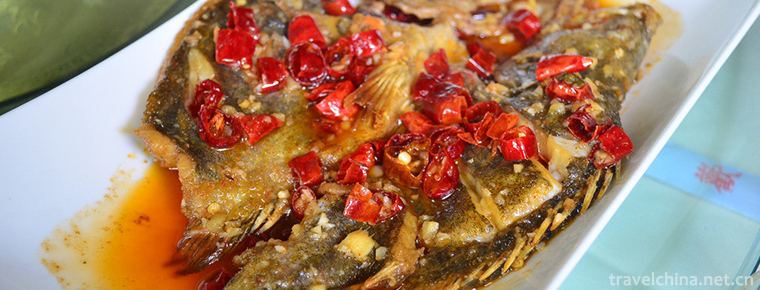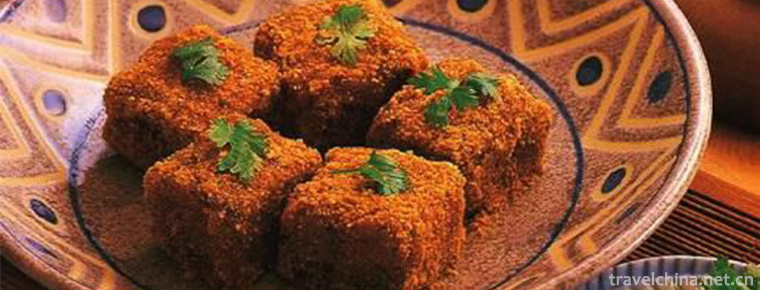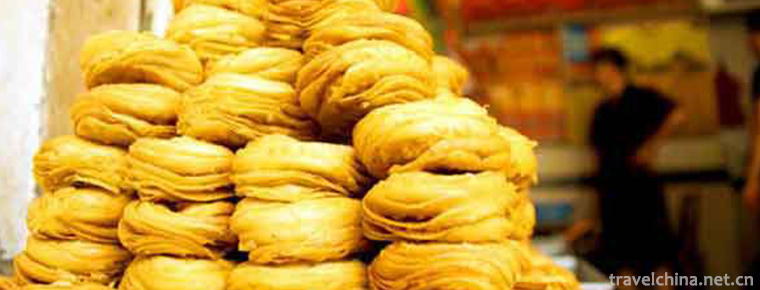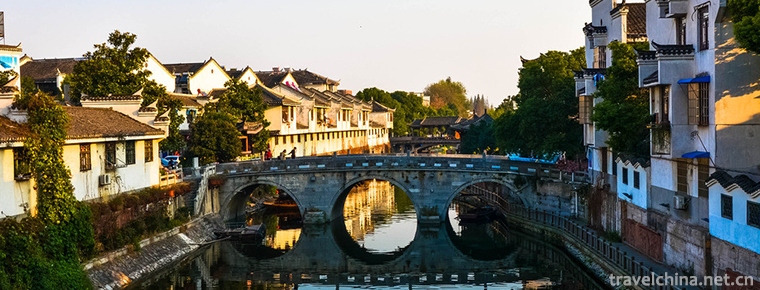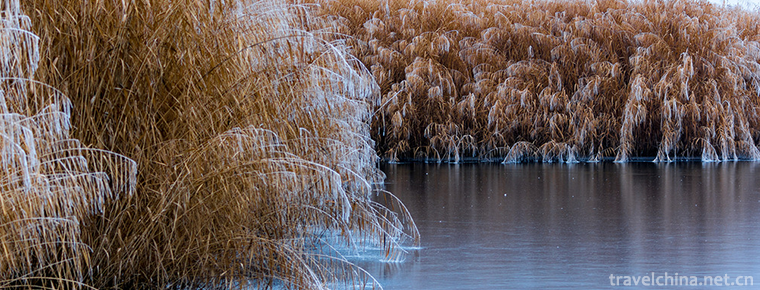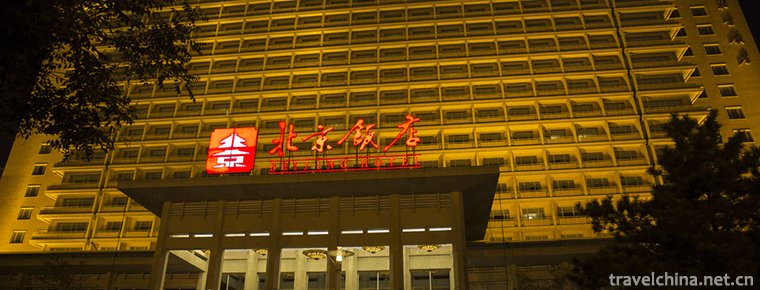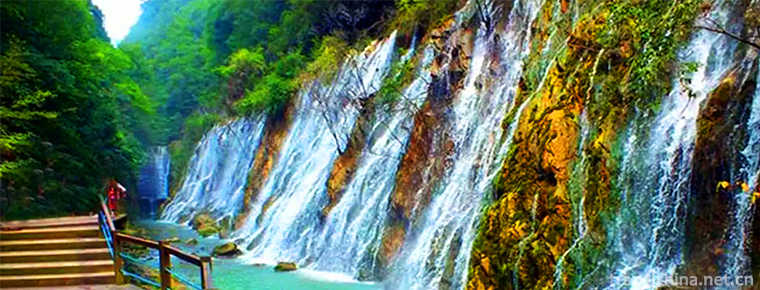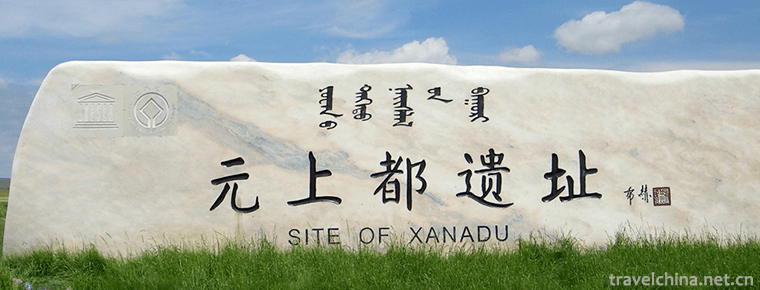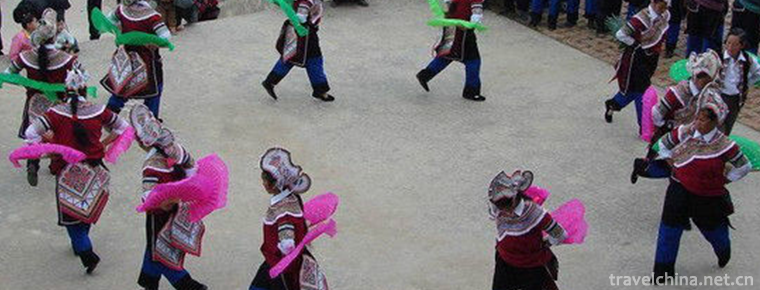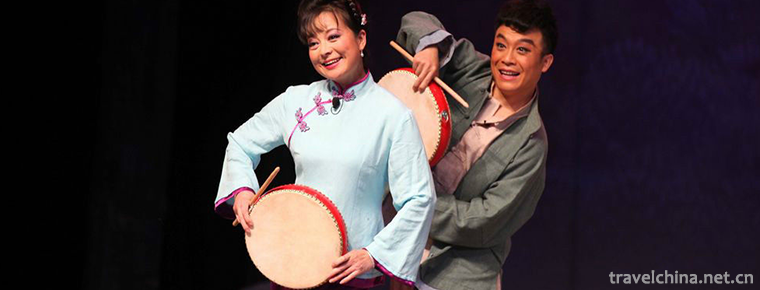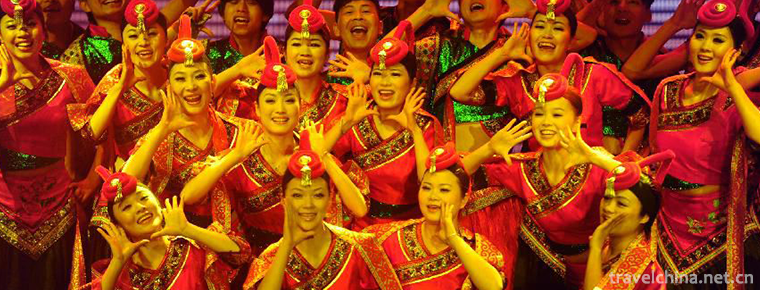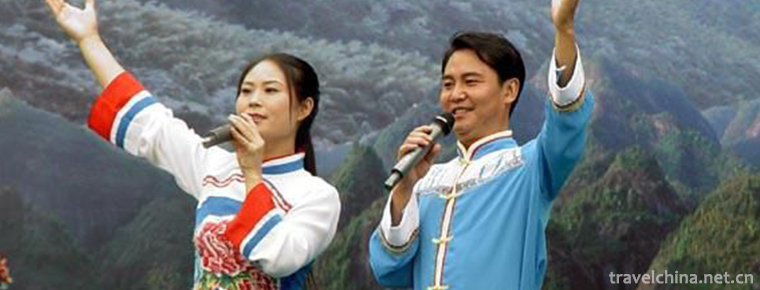Zhangliangmiao Scenic Area
Zhangliangmiao Scenic Area
Zhangliangmiao, a holy place of Quanzhen sect, is located at the foot of Zibai Mountain on the southern slope of Qinling Mountains. It is 101 kilometers south of Hanzhong, 76 kilometers north of Fengzhou and 17 kilometers away from Liuba County Town in Hanzhong. The Sichuan-Shaanxi Highway crosses the gate head, so the traffic is more convenient. On May 25, 2006, Zhang Liangmiao, as an ancient building from Ming to Qing Dynasty, was approved by the State Council to be listed in the Sixth Batch of key cultural relics protection units in China.
Profile
A thousand miles away
Zhang Liang, Ziwu, Minister of the early Han Dynasty. According to Shiji Liuhou Shijia, Zhang Liang was born in the southeast of Bozhou, Anhui Province. His grandfather and father were successively ministers such as Han Zhaohou and Xuanhui Wang.
After Qin defeated Korea, he attempted to restore Korea and make friends with assassins, but failed to attack Qin Shihuang in Bolangsha (now southeast of Yuanyang, Henan Province). Legend has it that when he fled to Xia Zou (now north of Suining, Jiangsu), he met Huang Shigong and won the Law of the Tai Gong Military. In the peasant war at the end of Qin Dynasty, he gathered together to Liu Bang, and soon lobbied Xiang Liang Lihan aristocrat to become King of Korea and become a disciple of Han Sifu.
When Xiang Yu killed the Queen of Han, he returned to Liu Bang and offered advice. During the war between Chu and Han Dynasty, it was proposed not to establish the descendants of the six countries, to link Chu generals Yingbu, Han Xin and Qin generals Peng Yue, and eventually to annihilate the Qin army. After the establishment of the Han Dynasty, he was seconded to Liucheng, Jiangsu Province, to stay in Hou.
Zhang Liang, Xiao He and Han Xin are the "three masters of the early Han Dynasty". Liu Bang once called him "in the midst of the strategy, winning thousands of miles away".
Shortly after Liu Bang took office, he killed Han Xin and other meritorious ministers. Zhang Liang retired bravely and went to Zijing Mountain to practice invisibility. Later, people called this place "Pigu".
Liu Bang counsellor
Zhang Liang was the first of the "three masters" in the early Han Dynasty, and Liu Bang himself said, "I'm not as good as Zhang Liang in making plans and winning thousands of miles; I'm not as good as Xiao He in appeasing the people and raising food and wages; I'm not as good as Han Xin in commanding a million troops, which are bound to win and conquer in battle.
These three are outstanding people." But Zhang Liang knows that he and Liu Bang can only work together in adversity and not in peace, so when the Western Han Dynasty was founded, it was Zhang Liang's "Cihan" day that he stayed at Zibai Mountain in the depths of Qinling Mountains and devoted himself to it.
Monastery opens up valleys and becomes immortals. This was in the middle of Liu Bang's heart. When he became the founding emperor of the Western Han Dynasty, he sealed up Zhang Liangjin Hou.
At the end of the Eastern Han Dynasty 400 years later, Zhang Lu, the 10th generation grandson of Zhangliang, became the "King of the Han Dynasty". In order to honor his ancestors and not to win the title for their outstanding achievements, and not to be an extremely popular minister, Zhang Lu built the "Temple of Residence in Hou in the Han Dynasty". Since then, it has become the center of Taoist activities, and there has been an endless stream of winners from all sides, competing for sightseeing. This ancient temple is like a mirror of history, reflecting Zhang Liang's people and his affairs and the respect of the people from generation to generation.
When Qin Shihuang annexed the six countries and exercised tyrannical rule, Zhang Liang was a young man born in 185 BC. His grandfather Zhang Kaidi and his father Zhang Ping served five kings one after another. When Korea perished, Zhang Liang was determined to assassinate Qin Shihuang in order to avenge the snow and hate and not to fear the strong enemy.
While Qin Shihuang was traveling eastward, the palace car drove to Bolangsha (now in Yuanyang County, Henan Province). Zhang Liang immediately ordered Lishi to throw out a 120-kilogram iron vertebra. Unfortunately, the frightened Qin Shihuang was safe and sound.
Zhang Liangbian fled anonymously to Xiazou (p_). The allusion of "Bolang Feizhi" originates from this. Li Bai has a poem: "Strong men in the sea, Bolangsha in the spine of Qin Dynasty." Zhang Liang fled to Xia Piao. In order to test Zhang Liang's personality and wisdom, Huang Lao deliberately dropped his shoes under a bridge and ordered Zhang Liang to pick them up. He also asked him to kneel down and put on his shoes. Zhang Liang obeyed them one by one and won Huang Shigong's favor. He said goodbye to Zhang Liang on the bridge about 5 days later.
Zhang Liang was late twice in a row until the third night before he entered the polder bridge. Only then did Huang Shigong see him. In order to reward Zhang Liang for his resilience, patience and perseverance, Huang gave him the Great Military Law written by King Zhou Wenwang. Zhang Liang studied it on the moonlight and night during his difficult journey to the west. He felt that it was foolish to assassinate Qin Shihuang. Later, he became Liu Bang's adviser.
Traffic information
Self-driving line:
1. From the starting point to the west, drive 1.2 kilometers along Zhang-Ba interchange and enter Beijing-Kunming Expressway directly.
2. Drive along the Beijing-Kunming Expressway, in the direction of Shiyan/Tianshui/G7011, Chao Lueyang/Tianshui/G7011 after crossing Dengyu Village, and enter the 10-day Expressway. Drive along the 10-day Expressway and leave the upper ramp from the exit of Zhuocheng.
3. Drive straight into Baliguan Tunnel along G316, turn into Zibai Road along Baliguan Tunnel, drive straight into G316 along Zibai Road, drive 13.8 kilometers along G316, cross Zhangliangmiao on the left, and reach the end point (on the left side of the road).
Traffic routes:
It can take Xi'an-Liuba and Hanzhong long-distance bus for about 5 hours; it can also take Hanzhong-Liuba long-distance bus from Hanzhong North Ring Road long-distance bus station for about 2 hours per hour, with a fare of 10 yuan.

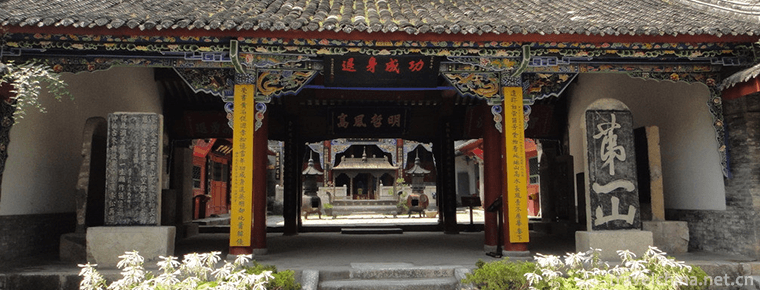
-
Stinky mandarin fishMarinate mandarin fish
Stinky eel, also known as Stinky Osmanthus, Barrel Fresh Fish, Barrel Fresh Fish, Pickled Fresh Fish, is a traditional Huizhou dish, one of the representatives of Huizhou cuisine. .
Views: 244 Time 2018-11-02 -
Fu Ling Rose Crisp
Fuling Rose Crisp is a special traditional snack in Jixi County, Anhui Province. Fuling Rose Crisp is a well-known traditional pastry, which is produced in Fuling Village, Jixi County..
Views: 169 Time 2018-11-27 -
Anhui rescue
Anhui rescue Great rescue is a traditional feature of Shouxian County in Anhui Province, which has a history of more than 1000 years..
Views: 210 Time 2018-11-27 -
Sanhe ancient town Scenic Area
Sanhe Ancient Town Scenic Area is located in Feixi County, Hefei City, on the shore of Chaohu Lake, adjacent to Lujiang County and Shucheng County.
Views: 143 Time 2018-12-08 -
Bosten Lake Scenic Area
Bosten Lake Scenic Spot is a national 5A scenic spot, covering an area of 988 square kilometers, is located in Xinjiang, China's scenic spots, Bosten Lake was known as the West Sea in ancient times,.
Views: 219 Time 2018-12-12 -
Beijing Hotel
Located in the center of Beijing, Beijing Hotel is adjacent to the former Imperial Palace and Forbidden City. It can reach Tiananmen, the Great Hall of the People.
Views: 228 Time 2018-12-14 -
Zhongba Grand Canyon Scenic Area
Shiquan Zhongba Grand Canyon is located in the southern side of the Hanjiang River in Shiquan County, Shaanxi Province. It is 20 kilometers away from the county town.
Views: 133 Time 2018-12-22 -
Music dance
Musical dance is popular on the South Bank of the Red River, so it is also known as "Jiangwai" Yi dance. The Yi language is called "Zai Bi", which means jumping up in pairs. .
Views: 290 Time 2019-05-11 -
Shangluo Flower Drum
Shangluo Flower Drum, also known as Flower Drum and Ground Bumper, is popular in 7 counties (districts) of Shangluo City, Shaanxi Province, especially in Shangzhou, Danfeng, Zhenan and Zhashui. During.
Views: 181 Time 2019-06-13 -
She Nationality Folk Songs
She folk songs can be seen everywhere, expressed in the form of She language singing. Every Festival and festive day, singing soars. Even when working in the fields in the mountains and visiting relat.
Views: 336 Time 2019-06-14 -
Xingguo Folk Song
Xingguo Folk Song has a long history. It is said that it was sung by woodcutters who built A Fang Palace in Xingguo in the late Qin Dynasty. Xingguo folk songs are lively, diverse in form and full of .
Views: 110 Time 2019-07-08
